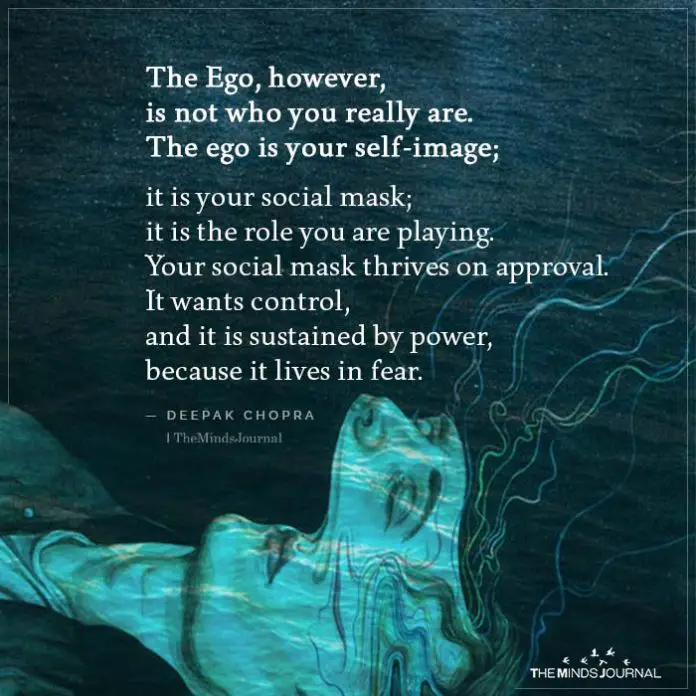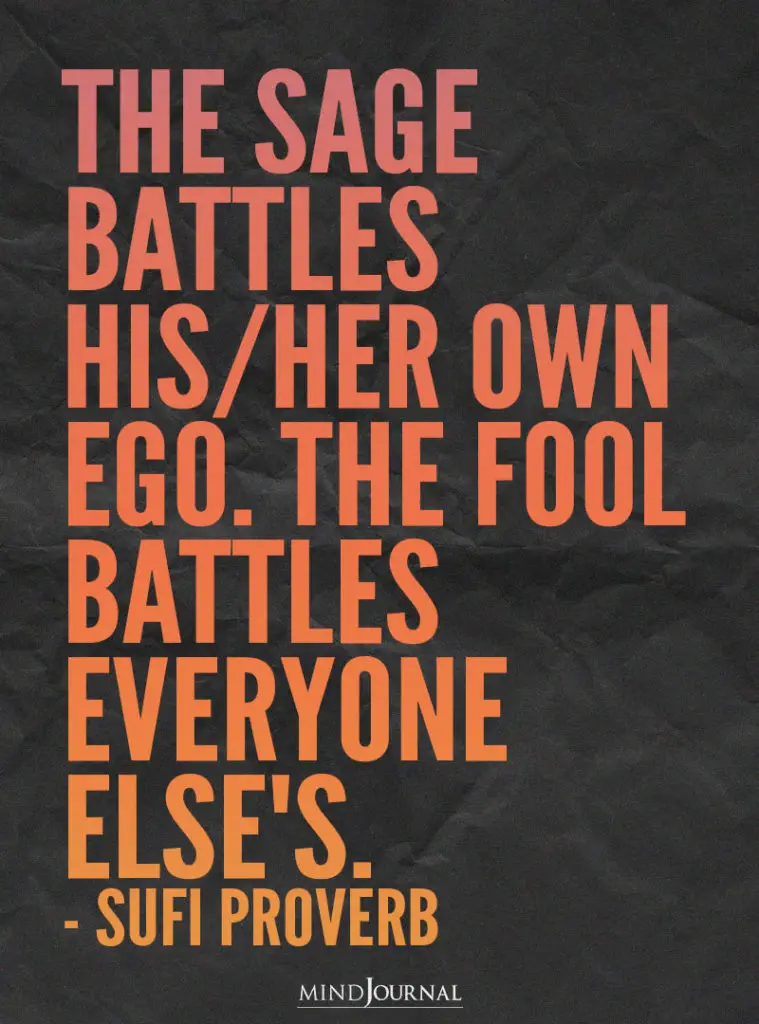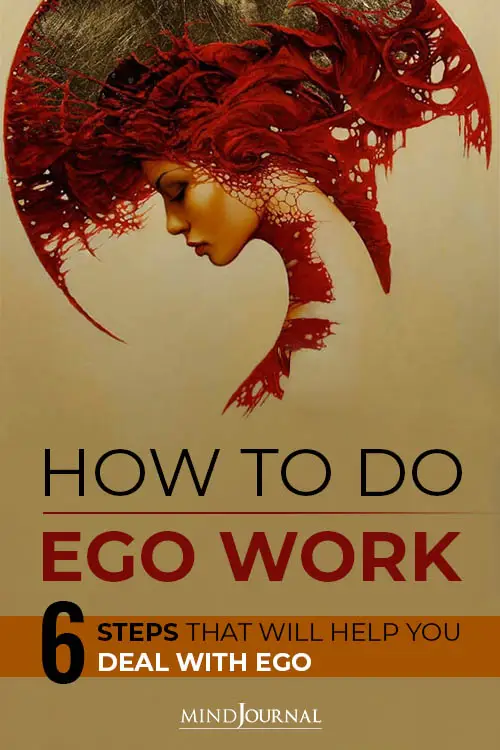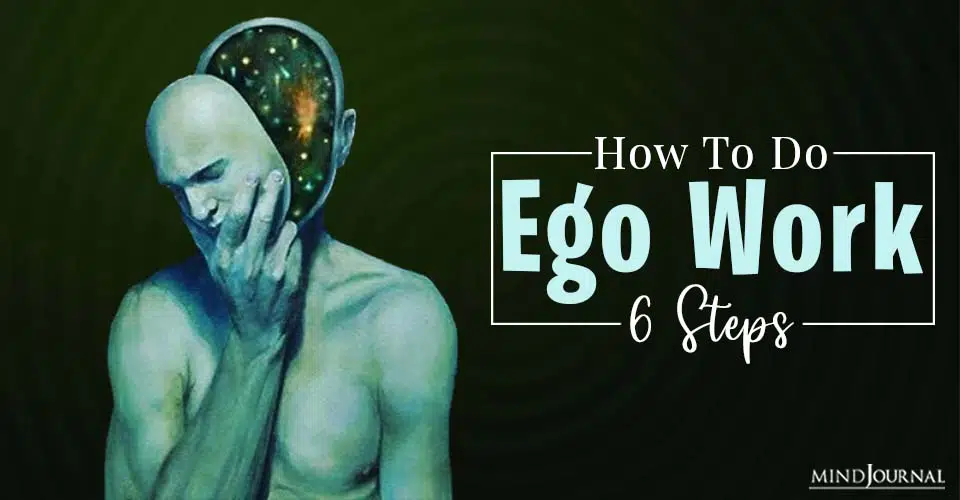Navigating through the complexities of life can sometimes be tiring. However, ego work can help you shift your tired consciousness in a positive direction.
I teach a lot about ego work. I have found it to be one of the most powerful tools in my own healing journey. If you commit to this practice, you will have life-changing transformations.
Ego work is for you if:
- you feel emotionally depleted
- you’re “stuck”
- life doesn’t feel joyful
- you feel ready to let go of black and white thinking
- you find yourself in unfulfilling or toxic relationships
- you find connecting with other people difficult or like something is missing
- your beliefs are rigid and you’d like to grow
- you are ready to heal
Before I outline the practice, I want to remind you that it is just that: a practice. This is not something that has a “hack” or something that comes quickly.
Ego work is a shift in consciousness. Consciousness is only shifted via repetition.
Stay patient. Show up.
There will be a lot of resistance because your ego dreads one thing most: change. Allow the resistance to come up without judgment. Resistance is growth.
What is the ego?

The ego is the “I.” It is how you see yourself. It is the part of your mind that identifies with traits, beliefs, and habits. Your ego is an unconscious part of your mind.
Where does the ego come from?
As a child, you came into this world with an intuitive nature. You instinctively understood the world even though you could not speak the language. Your level of consciousness was pure awareness.
As a child, you have no filter. You can play, imagine, and create. You are not yet tied to an identity of who you are. You are born unconditioned.
Simply being comes naturally to you.
During childhood, your ego is in an ego-centric state. It’s best described with the saying ‘the world revolves around you.’ In this state, everything is happening to you because of you.
Childhood wounds are particularly impactful because of this ego period. It is not until the teenage years that you develop abstract thinking, the ability to observe outside of your own perspective.
Your ego develops to protect you from your reality. It creates an identity for you to cope with any confusion, disconnection, and loss of love that you experienced. It strengthens an identity to ensure to the best of your ability that we can still receive whatever love is available.
Related: Unmasking The Ego: How To Take Off The Mask and Be Your True Self
As you aged, you were taught (typically unconscious) values around things like intelligence, achievement, preferred emotional states, relationships, and other people. Your greatest need is to receive love so you learn to identify with these values even if they are not positive.
Many adults have not evolved past the ego-centric state. They still believe things are happening to them. If you believe you have no control in your life, or that outside events are controlling your life ego work will be particularly beneficial.
The ego is the constructed self
Your ego is a very rigid identity. It has to be. It’s created a set of beliefs, patterns, and ideas, that most people label “personality.” Your ego is very defensive about your identity. Anything outside of confirmed thoughts, beliefs, and behaviors will be rejected.
If you’d like confirmation on this, watch a debate. Debaters do not change each other’s minds. They go back and forth affirming their own beliefs. The ‘winner’ of the debate is simply the person who confirms your bias. Their ego defends a belief, and yours defends that person as the winner because they confirm a concept you have tied to your identity.
The problem with this is conflicting opinion is what allows us to grow.
Conflicting opinions or concepts often bring people to a place of anger because the ego feels the most out of control when it’s challenged.
It feels like an attack on the self.
Technically it is because the ego creates the illusion that our opinions and beliefs make you who we are.
This leads to a lot of insecurity and low self-worth. In a fragile state, the ego works overtime to ‘defend us.’
The ego overcompensates in the fragile state with the following:
– Strong emotional reactivity
– False confidence (overcompensation)
– Black and white/rigid thinking
– Rejection of any idea that conflicts with the ego beliefs
– Extreme competition (a belief that another person’s success hinders their own)
– Constant comparison to others
– The judgment of others (mocking, insulting, threatening)
– Analysis paralysis (obsessive thoughts that stop you from completing any action)
Why does Ego Work Matter?
Ego work is about returning to your true nature. So far, your lives have been functioning in patterns that you haven’t consciously chosen. They were chosen for you.
Ego work is a new opportunity to choose. You are not looking to “kill” the ego, or deny its existence. The ego is your protector and has been a part of your psyche since you were a small child to help you cope. You want to learn to accept your ego as something separate from yourself.
When I talk about this on Instagram, I always get the question “who are we?”.” You are conscious awareness or attention. You are the awareness who has the ability to view other parts of yourself. This ability is uniquely human. You can think about your thoughts. You can reflect on your actions.
You are softening the ego.
Picture ego as a hyper-vigilant guard. This guard is constantly scanning the environment for someone or something attempting to do harm. Anything that conflicts with the ego’s perception of self becomes an ‘enemy.’ You have been over-identifying with traits for so long that your ego’s main function is to keep that identity alive.
By doing this work, you give your guard (ego) a break and allow for new experiences to come into your awareness. Without a guard, you can decide how you feel, what you think, and how you choose to respond rather than having your ego decide that for you.
Confidence is the result of detaching from your ego state.
Related: The 7 Stages Of Ego Death
Here Is How You Can Do Ego Work

Step 1: Allow your Ego to Introduce itself
Until this point in your life, you’re mostly unaware of your ego. When you’re unconscious (95% of the time) your ego is running the show. Gone unchecked for most of your adult lives, your ego only gets stronger.
Only through observing can you ego soften. A softened ego brings a state of inner peace.
The ego does not like to be observed, so step 1 is highly uncomfortable. Getting through this discomfort takes work, so be patient.
You can do this first thing when you wake up or before bed, it takes under 1 minute.
1. Find a quiet place with no distractions where you feel most comfortable.
2. Close your eyes and take one deep breath.
3. Repeat this affirmation:
“I am safe and I choose a new way to experience myself as separate from my ego”.
Here we are priming the brain to relax into this work. It can be very uncomfortable to view yourself in this new way. You might feel sensations in your body or racing thoughts telling you not to practice the exercise. All of this is totally normal, fear-based resistance from the ego. Seeing your ego is the first step to taking away his power and decision-making control.
Step 2: Have a Friendly Encounter
This step is about becoming aware of what you say after the word “I.” This is your ego speak. You’ve been repeating this for many years, so observing what you actually speak about yourself will be surprising.
The most friendly way to meet your ego is when it’s not triggered. Set an intention to witness your ego with one conversation you have today. Notice everything you say after the word “I.”
Here are prompts: Note these once a day.
There is no right or wrong way to do these. You want to let your stream of consciousness flow without editing or analyzing.
1. How often do I speak about myself?
2. What was an adjective I used to describe myself?
3. Did anything in that conversation bring any uncomfortable emotional reaction? Describe it.
Congrats! You just witnessed your ego.
Practice is key with this new skill. The repetition will prime new pathways in the brain and allow observation to come more easily with time.
Step 3: Name Your Ego
When we name our ego we take a powerful step in seeing the ego as separate from us. Choose any name that comes to you intuitively.
Now name your ego.
My ego’s name is Jessica. I watch Jessica come and go. Sometimes I don’t see Jessica for a few hours and then she comes around with reckless abandon. Certain things make Jessica extra touchy and that is ok.
By naming your ego, you’ve separated from it. Now you’ll see the ego coming and going. You’ll be surprised just how often it comes and how quickly it goes. This is an observation stage. Practice this stage for at least 2 weeks.
You may have major breakthroughs during this stage.
With time you’ll not only be aware of your ego, but you’ll also know what situations to expect your ego to be triggered. This expanded awareness allows you to see past the ego and to choose a response more aligned with your authentic self.
Step 4: Meet the Triggered Ego
Do not begin these steps until you have done step 2 for at least two weeks.
What is a trigger? A trigger is an emotional response not equal to the event.
For example, Your sister says “You look tired” at a family get-together. You respond sarcastically: “Of course I look tired I’ve been working 60 hours a week and raising a child. Must be nice to have tons of free time. Don’t worry, next time I’ll be out of a Cosmopolitan magazine.”
What her sister said objectively: “You look tired.”
What the ego heard: “She’s always so rude and condescending to you. It’s because she’s been jealous of you your whole life. Now she thinks she’s little miss hotshot.”
The ego is a master storyteller. It has thousand and thousand of emotional events and experiences logged that you can’t even consciously remember. This story serves to protect you, but it always keeps you tied to your past experiences.
Notice the next time you are triggered. You will know you are triggered when you have a faster heartbeat, you feel like yelling/shutting down, or have a feeling you might ‘lose’ it.
Here are the prompts:
1. I felt the emotion of _________ when triggered.
2. I felt the emotion of _________ when ______________________.
3. The event of _________ means ___________________ to me.
Here is an example:
- I felt the emotion of anger when triggered.
- I felt the emotion of anger when my husband left the dishes in the sink.
- The event of leaving the dishes in the sink means that I am not worthy of consideration.
Ok, so now you understand that the objective reality was that dishes were left in the sink. This caused the emotion of anger because of an underlying belief that I am not worthy of consideration.
Here, the ego felt a core emotion (unworthiness.) This was painful, and since you’ve never learned to process emotion, the ego came to project it outwards. Your ego prefers to dump emotions on others, rather than feel a painful emotion within yourself.
Related: Ego, Enlightenment And Pain
Step 5: Appreciate and Accept the Ego
This step takes a lot of practice. This will not come intuitively to you, so you’ll have to repeat it many times before it feels natural.
Here are the prompts:
- I appreciate that my ego came to protect me from (emotion felt during trigger)
- It is ok for me to experience (new emotion you want to feel)
- I no longer have to attach events in my life to meanings of (emotion felt during trigger)
- I am (affirm new emotion)
This is how it will look:
- I appreciate that my ego came to protect me from unworthiness.
- It is OK for me to experience worthiness.
- I no longer have to attach events in my life to meanings of unworthiness
- I am worthy
Step 6 (advanced/optional)
Watch a YouTube video of something that is the polar opposite of your viewpoint. Sit with the emotions it brings up. Allow yourself to listen to the words objectively. See if you can hear beyond your emotional response. This practice is very transformative.
Final words
I know I threw a lot at you. I know that this might feel overwhelming. Or, like it ‘won’t work’ or you’re not capable, or you just simply don’t want to. Your ego has been challenged, so you might have some major resistance coming up. Allow yourself to just see the resistance.
This work is difficult. It is life-changing. Commit to it because you deserve to be free.
Written By Nicole LePera
Originally Appeared In The Holistic Psychologist
Ego work is a tremendous and amazing tool when it comes to dealing with an overwhelmed and tired consciousness. This will help you process all your negative emotions in a healthier and more positive manner, and most importantly, it will help you in accepting yourself just the way you are.
If you want to know more about ego work, then check this video out below:










Leave a Reply
You must be logged in to post a comment.